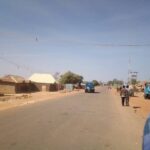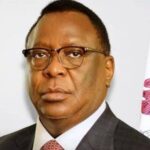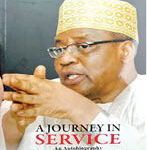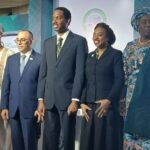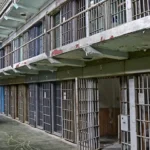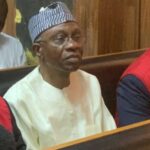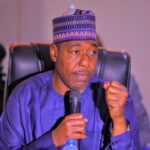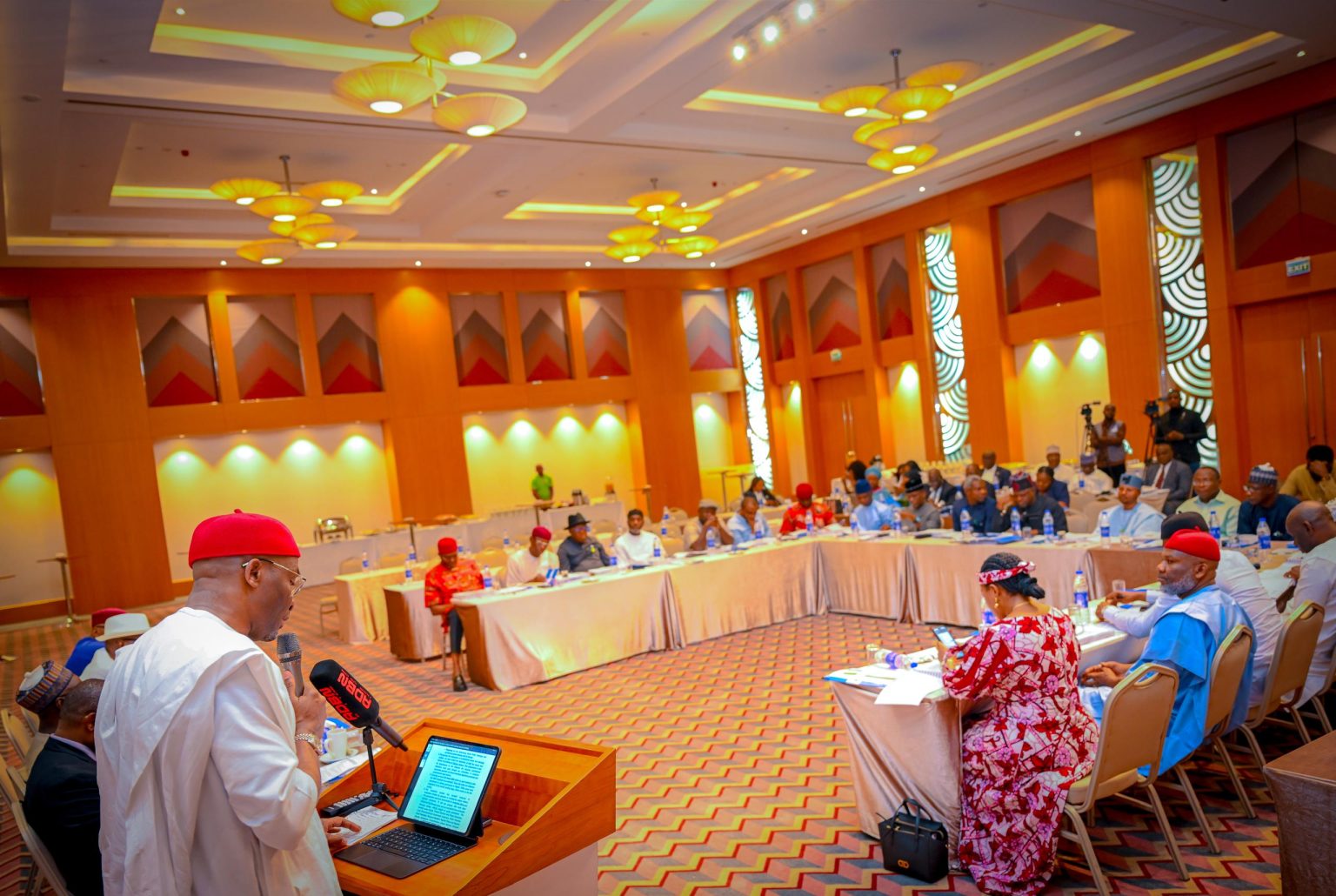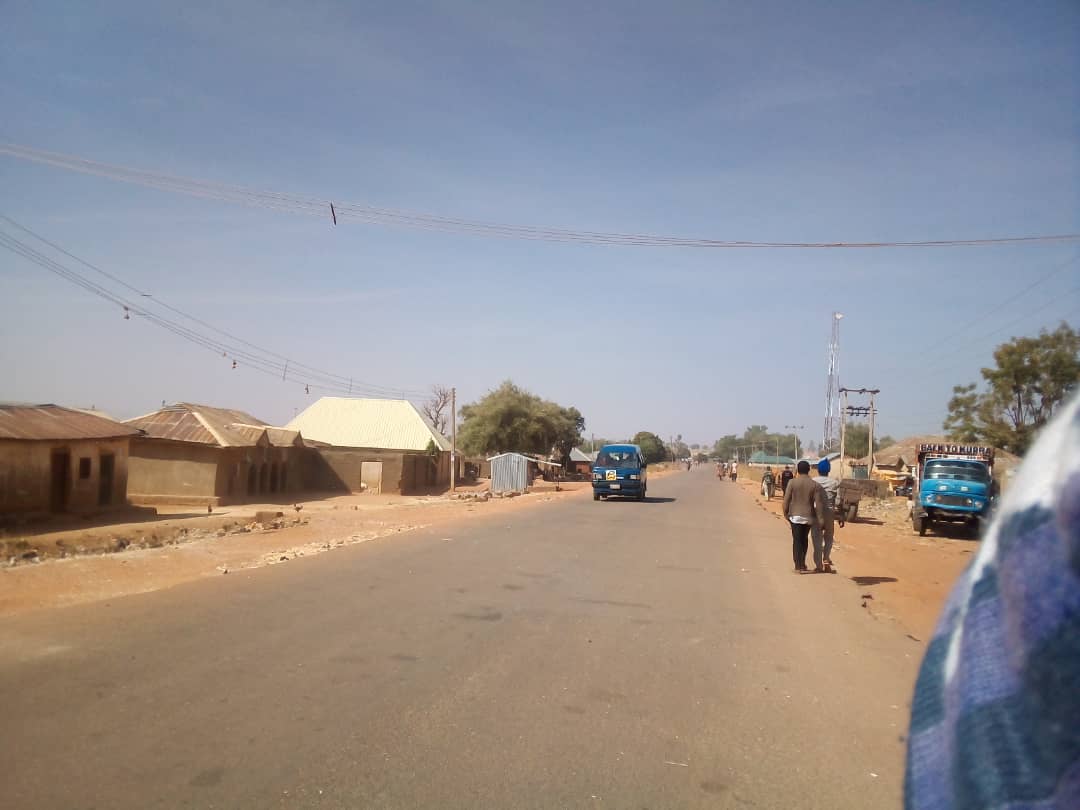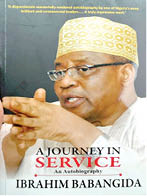The House of Representatives Committee on the Review of the 1999 Constitution has declared that none of the 31 state creation requests submitted met the constitutional requirements.
Chairman of the committee, Benjamin Okezie Kalu, who is also the Deputy Speaker of the House, disclosed this during a two-day retreat in Ikot Ekpene, Akwa Ibom State on Friday.
State Creation Requests Fall Short
Kalu acknowledged the significance of state creation in Nigeria’s governance but emphasized that the demands failed to meet the legal criteria for consideration.
To allow for further inputs and possible revisions, the committee has extended the deadline for submissions to March 5, 2025, with the possibility of further extensions based on the retreat’s outcomes.
“Although we have received 31 requests for state creation, none of these requests met the constitutional requirements for amendment. Therefore, we have extended the submission deadline to March 5, 2025. However, this retreat may decide to extend it further if we identify challenges affecting those making submissions,” Kalu stated.
151 Constitutional Amendment Bills Under Review
Kalu also revealed that the House Committee is currently reviewing 151 constitutional amendment bills aimed at refining governance in Nigeria. While some bills have progressed to the second reading, others remain at the first stage.
One of the key challenges, he said, is duplication, as some bills address similar issues under different sponsors, while others overlap in subject matter. To streamline efforts, the committee has categorized the bills into thematic areas:
- Federal Structure and Power Devolution
- Local Government Autonomy
- Public Revenue, Fiscal Federation, and Revenue Allocation
- Nigerian Police and Security Architecture
- Comprehensive Judicial Reforms
- Electoral Reforms
- Gender Issues and Human Rights
- State Creation
“The categorization will help lawmakers prioritize amendments based on national interest and legislative relevance,” Kalu explained.
Electoral Act and Public Hearings
Recognizing the connection between constitutional amendments and electoral laws, Kalu said the committee has invited the leadership of both the House and Senate Committees on Electoral Matters to the retreat.
“A proactive, cooperative approach will ensure seamless legislative processes and comprehensive legal reforms,” he added.
As part of the next phase, the committee has scheduled zonal and national public hearings across the six geopolitical zones to encourage Nigerian citizens to contribute to the constitutional amendment process.
These hearings will take place in:
- North Central (Nasarawa and Niger States)
- North East (Borno and Gombe States)
- North West (Kaduna and Sokoto States)
- South East (Enugu and Imo States)
- South South (Bayelsa and Cross River States)
- South West (Lagos and Ondo States)
Kalu urged lawmakers to engage with the bills diligently to ensure the final amendments reflect the will of Nigerians.
“As legislators, we must ensure that the voices of Nigerians are reflected in our constitutional reforms,” he emphasized.
Commitment to Transparency
Kalu assured the public of a transparent and inclusive review process, expressing confidence that the committee’s deliberations would strengthen democracy and governance in Nigeria.
Meanwhile, Executive Director of Policy and Legal Advocacy Centre (PLAC), Mr. Clement Nwankwo, affirmed PLAC’s commitment to supporting the committee’s work.
“We are confident that this committee intends to deliver on its mandate, and it would be a great achievement to see the amendments passed within the timeframe set,” Nwankwo said. The ongoing constitutional review remains a crucial effort in Nigeria’s democratic development, with expectations for substantive reforms in governance and national unity.


